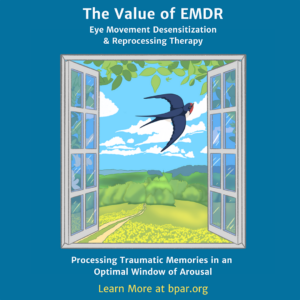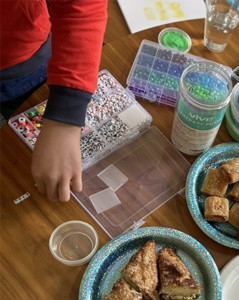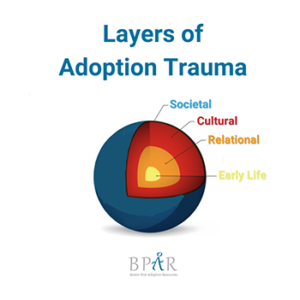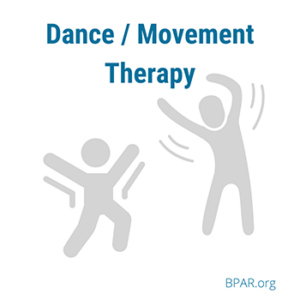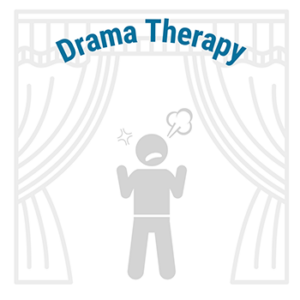Professional Resources
EMDR Therapy for Trauma Recovery and Post-Traumatic Stress Disorder
EMDR or Eye Movement Desensitization & Reprocessing therapy helps the body remember or process a traumatic experience, while preventing our brain from reacting as if it is still in danger. This blog explains the value of EMDR and debunks some EMDR myths.
Read MoreHow Does Play Therapy Help Adoptees and Therapists?
Play therapy acts as a medium for communication, rapport building, and the exploration of themes related to safety, abandonment, identity, and integration for adoptees. Therapists strategically use play to help children express what is troubling them when they don’t have the verbal language to express their thoughts and feelings.
Read MoreAdoption Trauma – Part 1: What is Adoption Trauma?
Few of us stop to consider the earliest experiences that predate the adoption process and how the body and mind might record them as trauma. This is the first of a series of BPAR blogs incorporating adoptee voices and research that will address these issues and the challenges they may cause.
Read MoreDance / Movement Therapy and Adoption-Competent Therapy
Traumatic experiences leave a profound impact on our physical bodies. Sometimes those implicit memories or deeply buried traumas are inaccessible to verbal processing, and only accessed through body-focused and somatic-focused work. Here’s how Dance/Movement Therapy and Adoption-Competent Therapy intersect very effectively.
Read MoreDrama Therapy — Mental Health Awareness Month Spotlight
A person may feel the impact of the traumatic experience without having language to talk about it. Drama therapy can evoke, hold, and assist in the processing of feelings when there are no words. For adoptees, it offers an opportunity to change a person’s view of their life story.
Read More